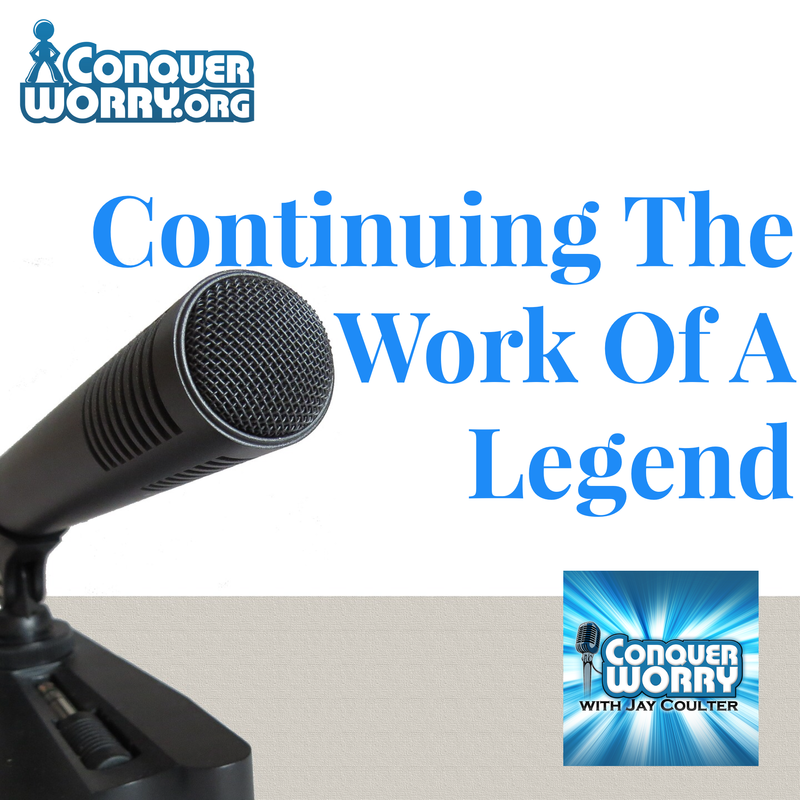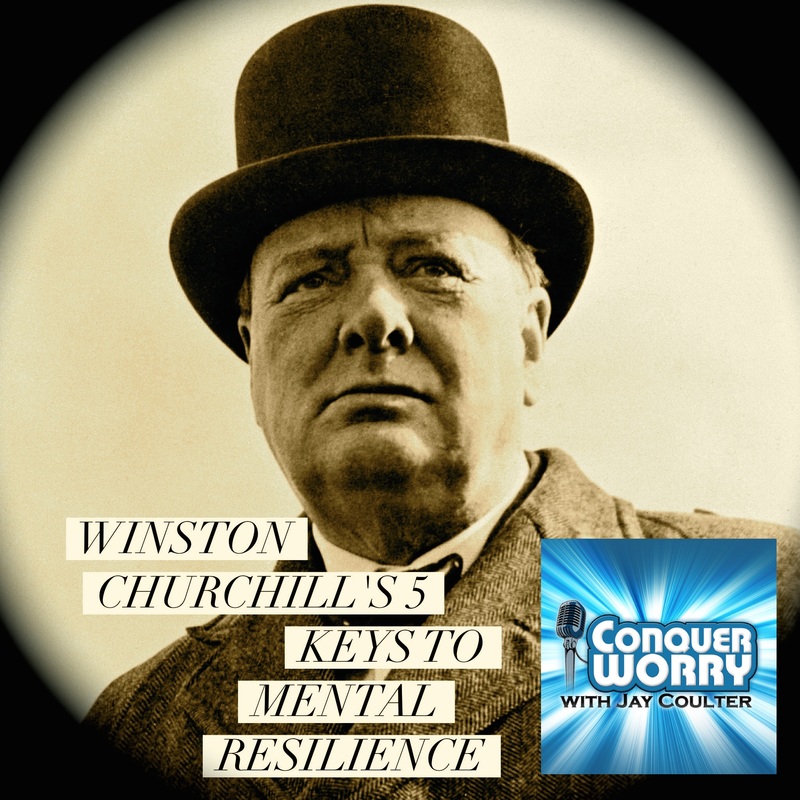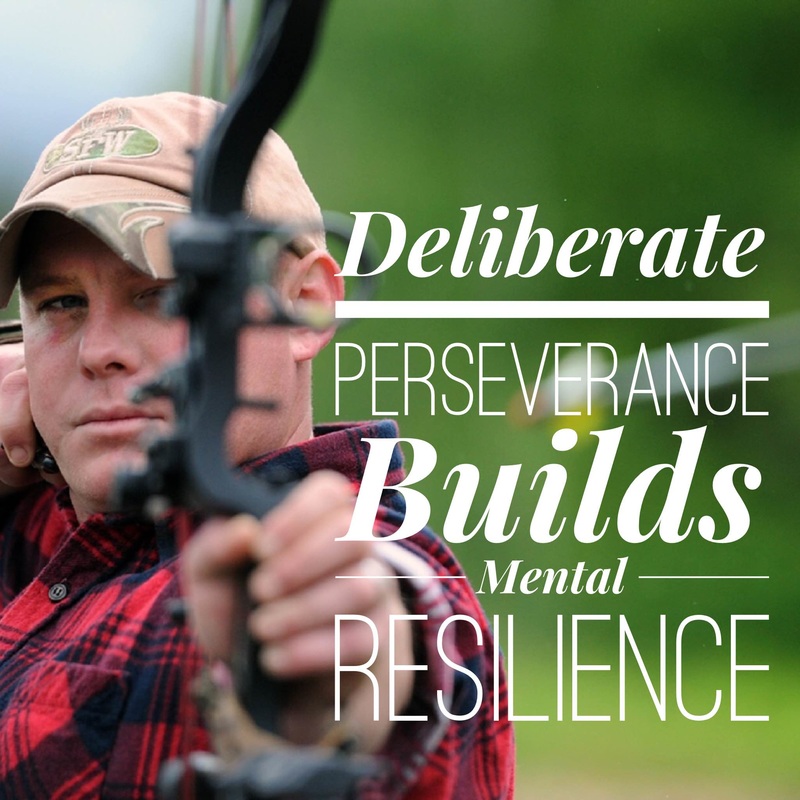|
Diana Nightingale comes on the podcast to discuss the work her and her late husband Earl Nightingale started. Earl Nightingale is the dean of personal development as he founded the field with his weekly radio shows and other works. Diana discusses how she has persevered after Earl's death and built the mental resilience that necessary to continue their work.
Did you know Diana has packaged the best of Earl's work in The Nightingale Library? If you are interested in ordering this complete collection CLICK HERE. 
From Diana's Website (www.diananightingale.com)
Nightingale - a name, like that of a torch burning brightly in the night, has for more than 60-years, shown brightly on the path that leads to the successes of life! While, Diana Nightingale is widely recognized as the widow of, Earl Nightingale, Diana, has been presenting her own messages to audiences for more than 30-years. She is an author, a Life Coach Mentor, a speaker, a retreat and seminar leader, speaking to audiences across the US and overseas. Diana, brings new life to the time-tested Nightingale messages and shows how to make them "work" in today's ever-changing world. Even during the bleakest of times, she is quick to enforce the age-old truth that "we become what we think about".
1 Comment
Winston Churchill was one of the greatest leaders of the 20th century. He led Britain through its darkest hour and helped the west defeat nazi Germany.
He also struggled with his mental health as he battled the 'Black Dog' of depression. This short podcast outlines what I believe to be his five keys to mental resilience. If you like the podcast, please leave a review in iTunes and subscribe on YouTube.
This a story of DELIBERATE PERSEVERANCE.
It is a story of a man was born in 1937. He was small in stature, struggled with a lisp which naturally lead to low self-esteem in the young man. His father never made it past the third-grade. Nobody in his family had ever attended college. Against the opinions of most around him, the boy went to college and became a leader in his field despite many obstacles. In 1966, at the age of 28, this man was married, out of work, And his wife was expecting their third child. His process and deliberate perseverance has become both legend and a great model for anyone who is struggling with their mental health. This 5 minute podcast outlines his story and process for deliberate perseverance.  First Published in ExpertClick.com under title: “Three Ways to Keep Your Hope Alive (And Your Work Productivity High) “If we were logical, the future would be bleak indeed. But we are more than logical. We are human beings, and we have faith, and we have hope and we can work.” ~~Jacques Cousteau Have you ever experienced a period in your life where your concentration and productivity dipped well below the usual flow? Where most of your mental energy went into worrying about what is going to go wrong instead of right? Then you get some good news and all of a sudden your vitality is restored and so too is your work output. Research has shown that hope is a powerful motivator. In fact one study (as noted by Patricia A. Dunavold in her analysis, “Happiness, Hope, and Optimism” for California State University, Northridge) has shown that hope was a better predictor of first trimester grades than student’s SAT scores. The question is: How does one continue to keep his or her hope up? Given both the external realities of our world, plus the very real struggles we all have to face in our personal lives, it can be quite easy for hope to dry up. Factor in the emotional and physiological components of depression and anxiety that many of us also experience, and hope starts to look as lifeless as the dead grass in an ongoing drought. The good news, though, is that you can create your own nourishment to renew both hope and inspiration. Below are three easy—and positive—steps to keep your hope alive: 1. Practice Humor According to an article in Science Daily, research at Texas A&M University shows that humor can positively influence a person’s state of hopefulness. As part of the study, participants who viewed a 15-minute comedy video experienced statistically significant increases in their hopefulness scores after watching it as compared to those who did not. Psychologist David H. Rosen concludes that humor is a positive emotion that helps people pursue more creative paths of thought and action, and therefore helps people feel as if they can more easily overcome obstacles—which, of course, is a large component of hope. 2. Create a Game Plan Another aspect of hope, according to Rosen, is tied to a person’s ability in developing a “plan of attack.” So when you are facing a specific problem, you can increase your hope levels by creating a game plan. By writing down all the steps you can take, as well as preparing a “plan B” (and perhaps even a “plan C” as well!), you are consciously taking control of your life, and at the same time helping to increase your hope. 3. Call Upon Your Cognitive Skills Dunavold states that many studies have demonstrated that the right cognitive strategies can help restore and maintain hope. Practicing such cognitive behaviors as positive self-talk, envisioning hopeful outcomes, reading uplifting books, and listening to upbeat music are all practices that help people to keep their hope up through adverse life events. In conclusion, hope is a large component to not only our happiness, but also our motivation. Focus on nourishing it—and it will nourish you back! “You are not alone…please know that hope can fly in on the most unexpected of wings.” ~~quote from novel “The Grace of Crows” Tracy Shawn  Tracy Shawn, M.A. lives and writes on the Central Coast of California. Her award-winning novel, The Grace of Crows, is about how an anxiety-ridden woman finds happiness through the most unexpected of ways—and characters. Dubbed a “stunning debut novel” by top 50 Hall of Fame reviewer, Grady Harp, The Grace of Crows has won the Jack Eadon Award for the Best Book in Contemporary Drama, Second Place for General Fiction for the Readers Choice Awards, and Runner-Up for 2014 General Fiction with the Great Northwest Book Festival. Connect with Tracy Twitter: @TracyShawn Facebook: www.facebook.com/tracyshawnauthor |
Build Your Action Based Stress Reduction System
Popular PodcastsOlympian Suzy Favor Hamilton - From Fame to Prostitution to Advocacy
Hall of Fame Basketball Star Chamique Holdsclaw on Mental Resilience Diana Nightingale on her husband Earl Nightingale's Principles for Mental Health Success JoAnn Buttaro on Date Rape & PTSD Survival Story: Its Never Too Late Gabe Howard on BiPolar Advocacy Phil Fulmer on Teen Suicide Prison, Bipolar and Mania with Andy Behrman Columbia Univeristy's Dr. Rynn on OCD Archives
March 2018
Categories
All
|





 RSS Feed
RSS Feed





